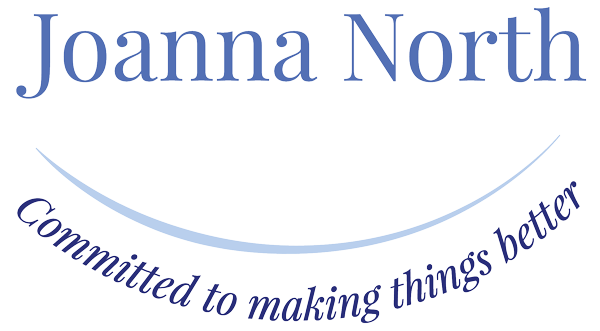What to say in your introductory letter if you are making contact with a birth relative for the very first time.
The introductory letter introduces you to your birth relative and gives them an idea about why you are motivated to meet with them and a little about you. Our organisation can offer advice and counselling on this and there is no need to worry if you have no idea what to write. We can offer you a counselling session to help you reflect on your thoughts and feelings whilst at the same being appropriate for a first letter and secondly, we can offer plain and simple advice on what to put in the letter if you are struggling with what to say.
If you like we can look your letter over for you once you have written it to make sure it is on the right track. Please let us know if you would like us to help you in this way. Some people find this method quite re-assuring and it helps them to think clearly.
If you are not good at writing – do not get upset or in a panic, because we will work with you on this and do this for you and according to your wishes. We will check first on what you want to say and then check over that you are happy with our edit of what has been said.
We can also work with a support person on this – a friend or relative or carer. So do not hesitate to ask if you would like us to co-ordinate with someone who is supporting you in your life.
If writing comes more easily, you may want to go ahead on your own. Here are a few guidelines.
It is best not to write your whole life story in this letter. It is best to keep it to a couple of paragraphs to begin with. This is because a whole letter will overwhelm the subject with information. There will be time enough for lots of information at a later date. The main points are as follows:
- Who you are and your relationship to the subject of the letter.
- A little about your life now i.e. what you do and your immediate family.
- A little about your motivation to write.
Don’t put any private data in the letter i.e. your address or phone number as we are just at the start of the intermediary process. Be kind and thoughtful and curious and try to keep the communication open and positive. Don’t ask for private data from the subject of the letter.
Your letter may look a little like this:
Hello
I am John. I was adopted when I was six months old and believe you to be my birth mother. I have often wondered about you and feel now is the time to be in touch – if you would like this. I have had a good life with my adopted family who made me feel very loved, but naturally have always been curious about my real identity. I know you had to give me away under difficult circumstances, but I don’t blame you for that.
I am now forty and live with my partner. We have two children who are in their twenties. I work in a factory and my partner Jean is a nurse. James and Jennie are in fact your Grand Children. They are great kids, and we are very proud of them and they are just about to go to University.
I am reaching out to see if you would like to say hello. I know this may not be easy and know it might not be your wish. Do let us know if you would like contact. If not, I wonder if you can help with any health history that might support us for example an hereditary conditions that I might need to watch out for with my own children. Following this if you prefer I will close this communication down and thank you so much for attending to my letter.
So in conclusion, very simple and concise, do not overwhelm the subject of the letter and keep it polite and respectful. Then give plenty of time for a response because people do need time to think.
Dr. Joanna North.
Consultant Psychotherapist Adoption.
September 2024.
Joanna North Adoption (Ofsted registered)


